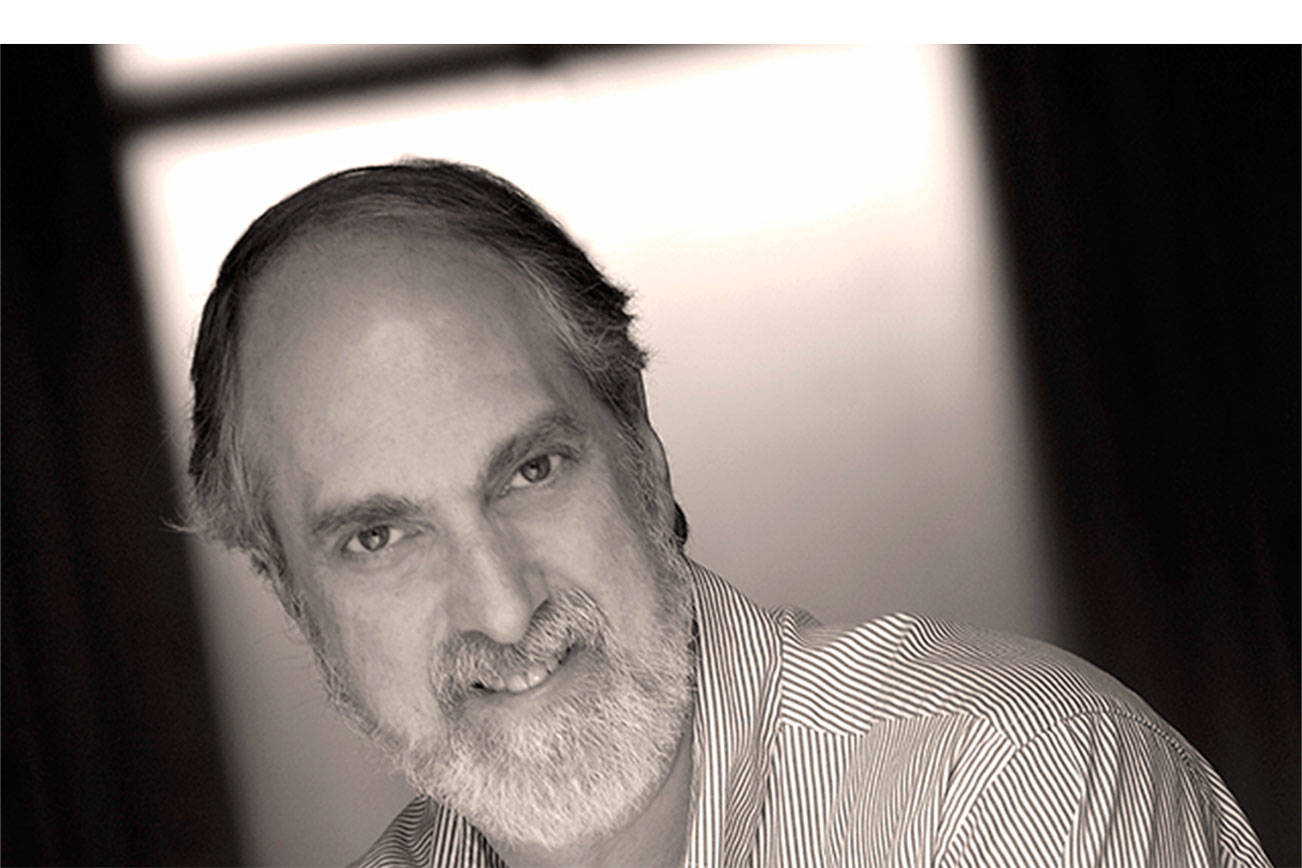As community members our expectations are great, and we want 2022 to be a better year for our city. For many that means less crime, more police on the force, increased cultural program support, and of course, gentle taxation.
What most of us want is a city without homelessness.
That is a challenge with no easy solutions. Building a sufficient volume of affordable housing equitably distributed throughout King County is critical — and a long way off relative to need.
King County has initiated its re-housing process by repurposing older hotels and getting a percentage of the homeless properly sheltered. This improves access to social service programs and healthcare. It begins the homeless person’s journey to a more acceptable life. But, the “Not In My Back Yard” voices are against this option in Federal Way while providing no realistic alternative.
We have a vocal crowd in our city who want our council to be tough and hard-hearted on our homeless, their bad habits, and additional cost on society. But if we take a moment and search our own personal histories, we may know someone who for whatever reason has succumbed to homelessness temporarily or long-term.
The reasons could be drugs, alcohol, job loss, eviction, mental illness, family issues and many more. The drug or alcohol addict needs recovery support, and this will be a lifetime challenge.
Compassion is hard to find when all we see is the human burden confronting us. They have names and are someone’s daughter, son, brother, sister, father or mother. Life’s path has not been kind for the homeless person. Regardless, we know we can do better at providing shelter and changing the path of their existence. But that also means we have to change our behavior before we can change theirs.
We choose to blame the homeless person for being homeless. Being homeless is not a choice that any of us would make for ourselves, but at the same time we seem to believe that people are deliberately choosing this path.
Living in homelessness changes a person, and some have become almost feral after living “rough” and on the streets in our community. They have become mentally rewired to not accept the rules that society chooses to shape how we live.
Many of us believe that our country is compassionate. Reality says otherwise. We are hard on those who fail to live up to expectations or succumb to substance abuse, which brings crime into the equation. Add mental illness to the mix, intelligence challenges, as well as chronic medical conditions, and you have a formula in our society for being financially insecure and seen by some as undesirable — homeless or not.
Not all of us are well equipped to navigate the unforgiving challenges of an ever-changing capitalist-driven society. When someone loses a job and becomes economically stressed, they may be days away from couch surfing to, as a last resort, living on the streets.
Once out, it is twice as hard to regroup, gain acceptability and of course, find shelter or a job. The weight of poverty deepens the challenge and in our society rent and taxes are always due.
In school, we are taught that one day you will join the work force and be able to support yourself — and if you can’t, there is something wrong with you. Living in America is a zero-sum game and if you lose for any reason, you are a loser. If you need safety-net services, the perception is you are a loser.
Our approach to social services is that they are out there, but there is always a tinge of embarrassment should you need to stand in line at an office to sign up for a service such as food stamps or housing subsidy program. Revealing to your child’s school that you are living in a shelter and may not have resources to support your child’s education or nutritional needs is heart-wrenching.
Applying for help online requires access to a computer as well as some internet savvy and the pandemic made this task harder. We are taught to be prideful and not seek help and when we need help it is often too late or not there in a way that is beneficial.
I am an advocate for building a strong middle-class city that properly supports the arts, education, employment resources and entrepreneurship, decent housing, and managing those who deviate from desired standards of behavior as best we can. Blaming the homeless for being homeless is a statement of anger. We can’t be a strong middle class and economically prosperous community or nation by ignoring the basic human needs of the least fortunate living among us.
The recent council election felt like a race to the bottom, with some candidates sounding as though they wanted to criminalize homelessness while at the same time fighting against the tools available for alleviating some of our city’s problems. Yes, we need more police, but we need in greater numbers social service resources to address the underlying issues of homelessness which happen to be: shelter, drugs and alcohol addiction, job skills, employment, mental illness, healthcare access, and acceptance.
As long as we keep shaming the homeless for being homeless, nothing will change. We need an attitude shift to permeate the highest levels of society, business and government to assure that services and support are available with dignity for those in need.
Our forever quest of profits over people needs to morph into becoming a people-first attitude. Otherwise homelessness, poverty, drug and alcohol addiction, and watching inequality increase will continue being a constant in our society and detract from our capability, as a nation, to achieve a universal well-being for all.
Keith Livingston is a retired municipal management professional, lifelong artist and Federal Way resident. He can be reached at keithlivingstondesign@gmail.com.


